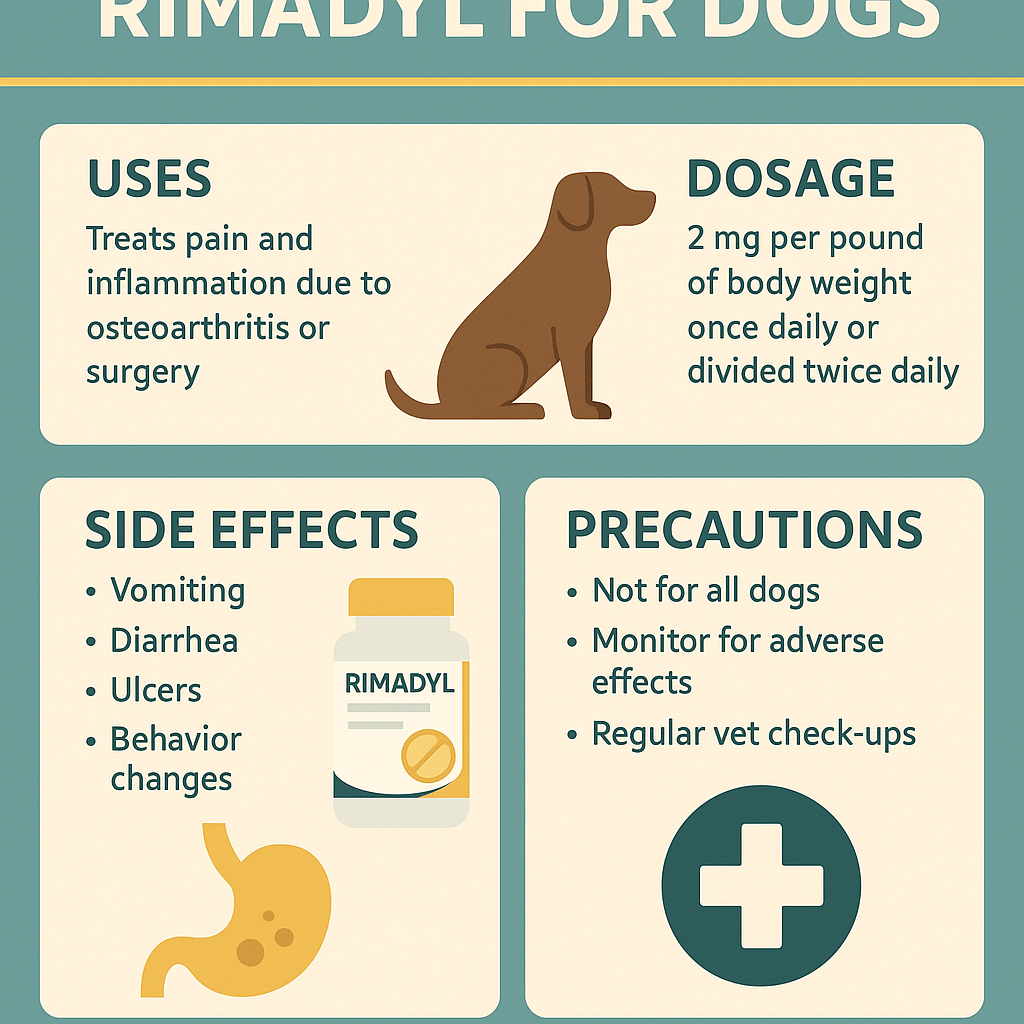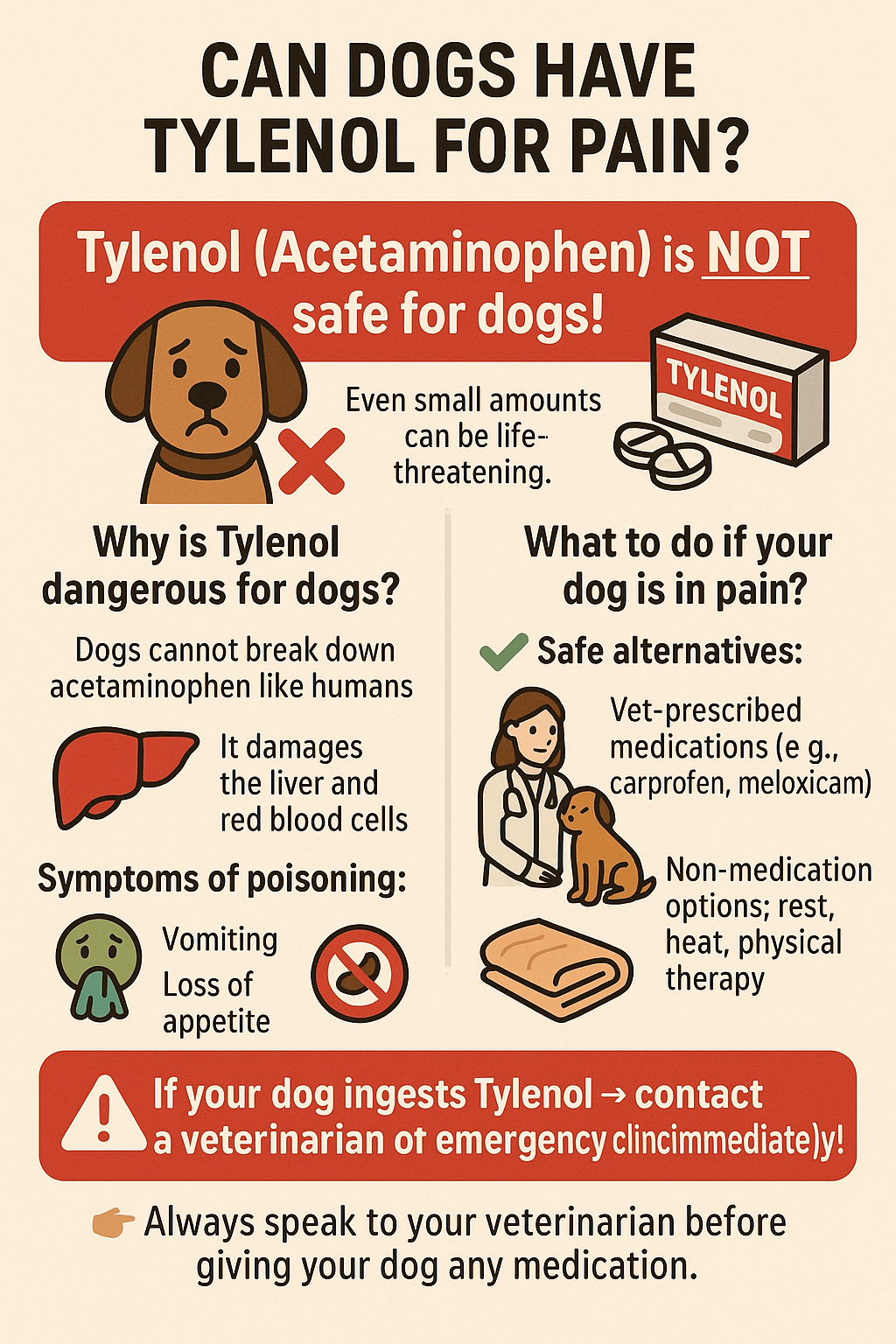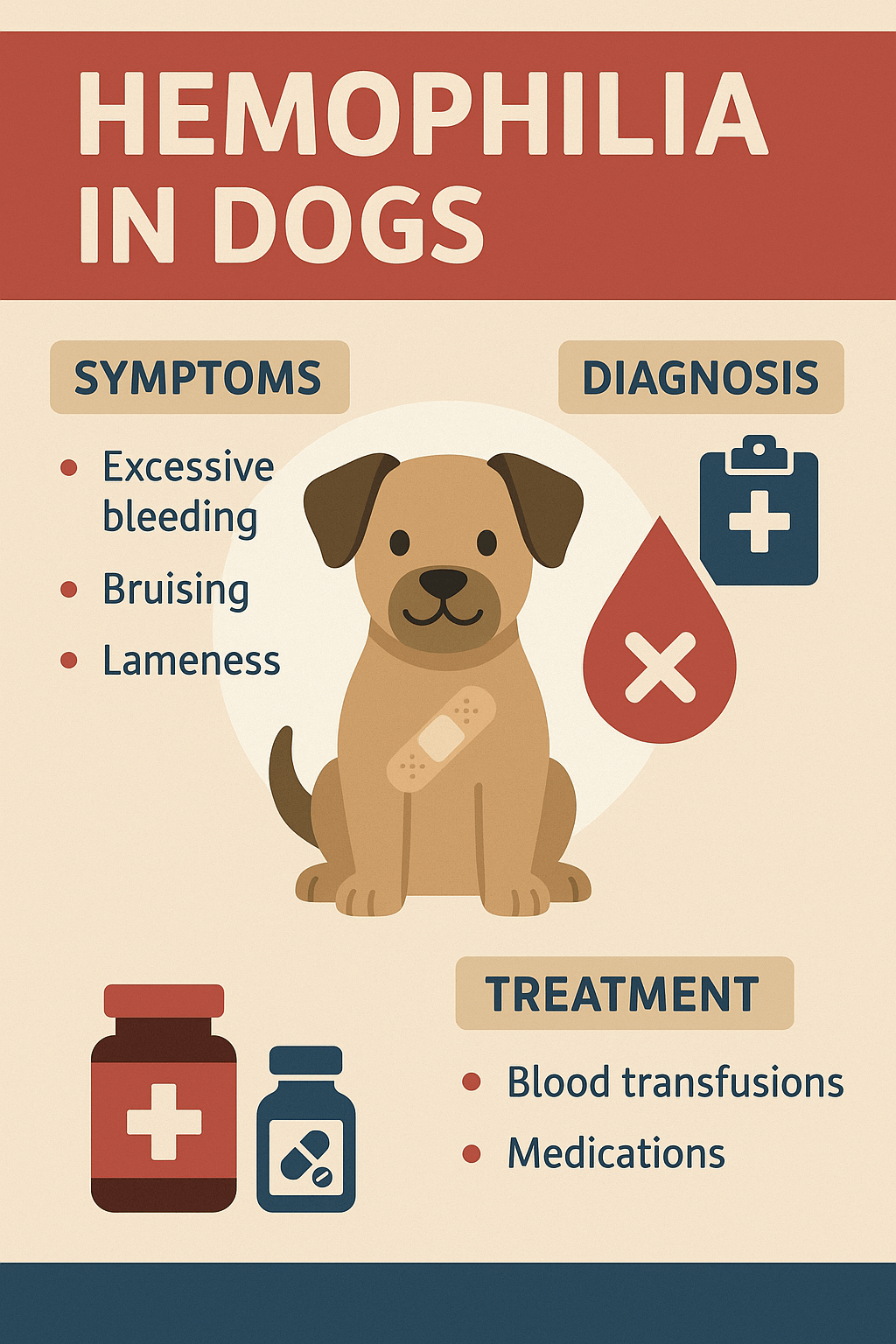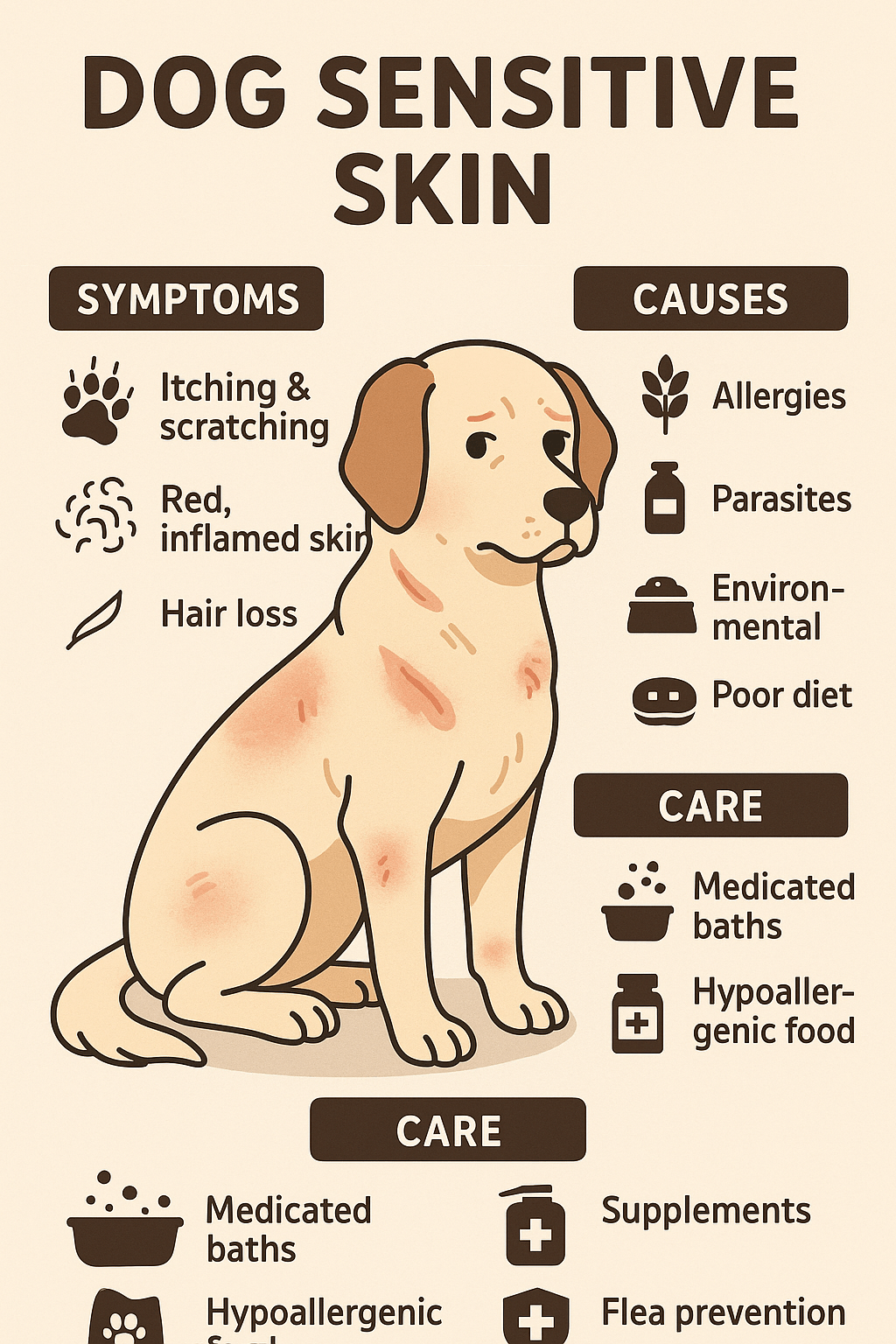How Many Puppies Can a Dachshund Have?
Dachshunds, with their adorable long bodies and spirited personalities, are one of the most beloved dog breeds worldwide. If you’re considering breeding your Dachshund or simply curious about their reproductive capabilities, you might be wondering how many puppies a Dachshund can have in a single litter. The answer depends on several factors, including the dog’s size, age, health, and genetics. Understanding these variables is essential for ensuring a safe and healthy pregnancy for your furry friend. In this blog post, we’ll explore everything you need to know about Dachshund litters, from average sizes to tips for responsible breeding and care.
Factors That Influence Litter Size in Dachshunds
The number of puppies a Dachshund can have varies based on a range of factors. Knowing what influences litter size can help you better prepare for the arrival of the puppies and ensure both mother and pups stay healthy.
Size of the Dachshund:
Standard Dachshunds typically have larger litters compared to miniature Dachshunds due to their bigger body size.Age of the Mother:
Younger, healthy Dachshunds (between 2-5 years old) tend to produce larger litters, while older dogs may have fewer puppies.Health and Genetics:
A Dachshund’s overall health and genetic background play a significant role in determining litter size. Healthy dams often have more robust litters.Nutrition During Pregnancy:
Proper nutrition is crucial for fetal development; a well-balanced diet can support a larger, healthier litter.Breeding Practices:
Responsible breeding practices, such as timing mating sessions correctly, can increase the chances of a successful and sizable litter.
These factors highlight the importance of careful planning and preparation when expecting a Dachshund litter.
Average Litter Size for Dachshunds
While individual cases may vary, there are general trends in litter sizes for Dachshunds. Understanding these averages can give you a clearer idea of what to expect.
Standard Dachshunds:
Standard Dachshunds typically have litters ranging from 4 to 8 puppies, with an average of 6.Miniature Dachshunds:
Miniature Dachshunds usually have smaller litters, averaging 3 to 6 puppies per pregnancy.First-Time Mothers:
First-time Dachshund moms often have smaller litters, sometimes as few as 1-3 puppies.Veterinary Care:
Regular check-ups during pregnancy can help determine the litter size early through ultrasounds or X-rays.Breed Variations:
Smooth, wirehaired, and longhaired Dachshunds all fall within similar litter size ranges, though slight variations may occur.
Knowing the average litter size helps breeders and owners prepare for the demands of raising multiple puppies.
Check this guide 👉Sheltie Dachshund Mix: Best 7 Expert Tips!
Check this guide 👉Shiba Inu Dachshund Mix: Best 7 Expert Tips!
Check this guide 👉Dachshund Cavalier Mix: Best 7 Expert Tips!

Tips for Preparing for a Dachshund Litter | Common Challenges During Pregnancy |
|---|---|
Provide a comfortable whelping box | Risk of dystocia (difficult labor) |
Feed a high-quality, nutrient-rich diet | Low milk supply in the mother |
Schedule regular vet check-ups | Premature birth or underweight puppies |
Monitor the mother’s behavior closely | Overbreeding leading to health issues |
Keep the birthing area warm and quiet | Stress or anxiety in the pregnant dog |
Caring for a Pregnant Dachshund
Proper care during pregnancy is vital to ensure the health of both the mother and her puppies. Here are some essential tips for supporting your Dachshund through this critical time.
Provide Balanced Nutrition:
Switch to a high-quality puppy or pregnancy-specific food to meet the increased nutritional needs of the mother.Limit Strenuous Activity:
Avoid activities that strain the Dachshund’s back, as they are prone to spinal issues even when not pregnant.Schedule Veterinary Visits:
Regular check-ups help monitor the pregnancy and detect any complications early.Prepare a Whelping Area:
Set up a quiet, clean space where the mother can give birth and care for her puppies comfortably.Watch for Signs of Labor:
Restlessness, nesting behavior, and a drop in body temperature are signs that labor is approaching.
By following these steps, you can create a safe and supportive environment for your pregnant Dachshund.
What to Expect After the Puppies Are Born
Once the puppies arrive, your responsibilities shift to caring for the newborns and ensuring the mother recovers well. Here’s what you need to know about the post-birth period.
Monitor the Mother’s Health:
Check for signs of infection, excessive bleeding, or difficulty nursing after delivery.Feed the Mother Nutritious Food:
Continue providing high-calorie meals to support her milk production and recovery.Keep the Puppies Warm:
Newborn puppies cannot regulate their body temperature, so ensure the whelping area is warm and cozy.Observe Puppy Feeding:
Ensure all puppies are nursing regularly; weak or underfed puppies may need supplemental feeding.Schedule a Postnatal Vet Visit:
Take the mother and puppies to the vet within a few days of birth to confirm everyone is healthy.
Proper postnatal care ensures a smooth transition for both the mother and her puppies.
Signs Your Dachshund Is Pregnant
Detecting pregnancy early allows you to provide the best care for your Dachshund. Look out for these common signs to confirm if your dog is expecting.
Changes in Appetite:
Pregnant Dachshunds often experience an increase in appetite as their bodies prepare for nurturing puppies.Nipple Enlargement:
Swollen or darkened nipples are a telltale sign of pregnancy due to hormonal changes.Weight Gain:
A noticeable increase in weight, especially around the abdomen, indicates pregnancy.Behavioral Changes:
Some Dachshunds become more affectionate or lethargic during pregnancy.Morning Sickness:
Mild vomiting or nausea may occur in the early stages of pregnancy.
Recognizing these signs helps you prepare for the arrival of the puppies and seek veterinary guidance promptly.
Common Health Risks During Dachshund Pregnancy
Pregnancy can be taxing on a Dachshund’s body, especially given their unique physical structure. Being aware of potential risks ensures you can act quickly if complications arise.
Back Problems:
Dachshunds are prone to spinal issues, which can worsen during pregnancy due to added weight.Eclampsia:
A calcium deficiency in the mother can lead to eclampsia, requiring immediate veterinary intervention.Dystocia:
Difficulty giving birth is common in Dachshunds, often necessitating a C-section.Infections:
Uterine infections like metritis can occur post-birth, requiring antibiotics and medical care.Low Milk Supply:
Insufficient milk production can leave puppies malnourished, requiring supplemental feeding.
Understanding these risks helps you take preventive measures and seek timely veterinary assistance.
Tips for Finding Homes for Dachshund Puppies
Once the puppies are ready to leave their mother, finding responsible and loving homes is crucial. These tips will guide you in placing your Dachshund puppies with suitable families.
Screen Potential Owners:
Ask questions to ensure prospective owners are prepared for the responsibilities of owning a Dachshund.Provide Health Records:
Share vaccination and health check-up records to reassure new owners of the puppies’ well-being.Educate New Owners:
Offer advice on Dachshund care, including dietary needs, exercise, and spinal health precautions.Charge a Fair Price:
Avoid underpricing or overpricing; a fair fee reflects the care and effort invested in raising the litter.Follow Up After Adoption:
Stay in touch with new owners to address any questions or concerns about their Dachshund puppy.
By taking these steps, you can ensure your Dachshund puppies go to loving homes where they’ll thrive.
Frequently Asked Questions About Dachshund Litters
How long is a Dachshund’s pregnancy?
A Dachshund’s pregnancy typically lasts around 63 days, or about 9 weeks.
Can a Dachshund have more than one litter per year?
While physically possible, it’s not recommended due to the strain on the mother’s health.
What should I do if my Dachshund has a small litter?
Focus on providing extra care to ensure the few puppies born are strong and healthy.
Are C-sections common in Dachshunds?
Yes, due to their narrow pelvic structure, some Dachshunds may require C-sections for safe delivery.
When can puppies leave their mother?
Puppies should stay with their mother until they are at least 8 weeks old to ensure proper development.
Preparing for a Successful Dachshund Pregnancy
Raising a litter of Dachshund puppies is a rewarding but demanding experience that requires careful planning and attention to detail. By understanding the factors that influence litter size, preparing for pregnancy, and providing postnatal care, you can ensure a safe and healthy journey for both the mother and her puppies. Whether you’re a seasoned breeder or a first-time owner, prioritizing the well-being of your Dachshund and her pups will lead to a joyful and fulfilling experience. Remember, responsible breeding is about quality over quantity—focus on raising happy, healthy dogs that bring joy to their future families.
Rimadyl for Dogs: Best 7 Expert Tips! Discover expert advice on using Rimadyl safely, managing pain, and improving your dog’s mobility with trusted veterinary insights.
Can Dogs Have Tylenol for Pain? Best 7 Expert Tips! Discover the risks, safe alternatives, and expert advice on managing your dog’s pain effectively while avoiding harmful medications.
Understanding Hemophilia in Dogs: Best 7 Expert Tips! Discover expert advice on managing hemophilia, recognizing symptoms, and ensuring your dog’s well-being with practical care strategies.
Understanding Dog Sensitive Skin: Best 7 Expert Tips! Discover expert advice on managing dog sensitive skin, relieving irritation, and improving your pup’s comfort with practical solutions.




